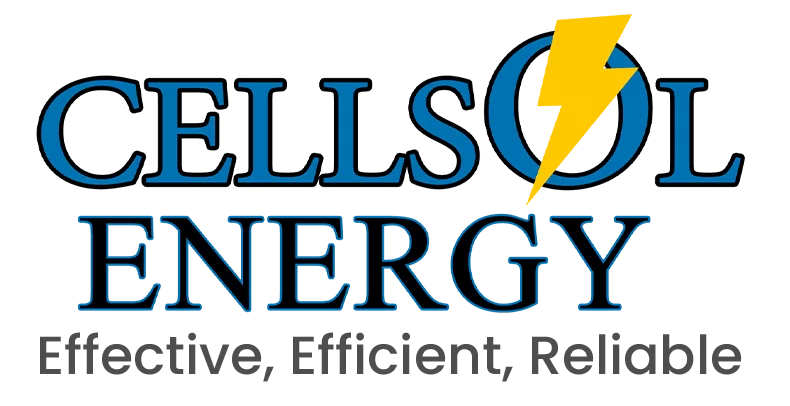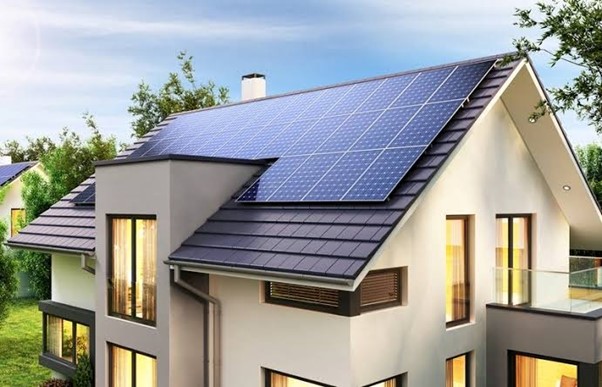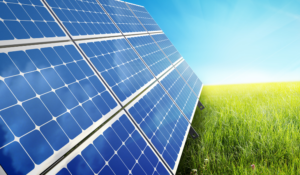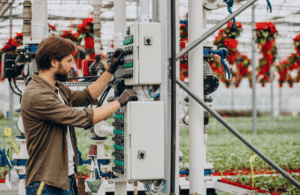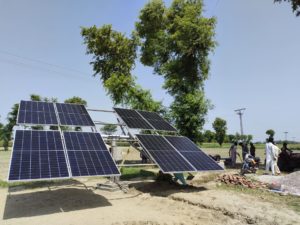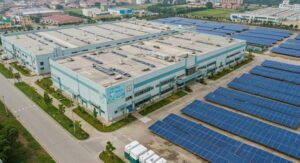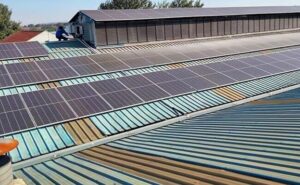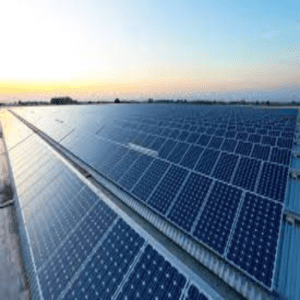Welcome to CellSol Energy, where upgrading to residential solar solutions becomes a clear, smart decision for your home. If you’re exploring home solar energy systems, this is your go-to guide to understanding everything from rooftop solar power for homes to residential solar financing options. Let’s dive in, and when you’re ready to switch, reach out for a custom consultation and quote.
Understanding Residential Solar Panel Installation
In the case of residential solar panels installation, you are basically investing into a clean and trusted residential renewable energy system. There are just panels that you place on your roof and which harness daytime sunlight and transform it into usable power; furthermore, you can make sure to save (or even hire out) your traditional utility services. The development of solar systems has made rooftop systems efficient and cost-effective, more than ever before.
Why Home Solar Energy Systems Are a Smart Choice
Homeowners are more than just users of solar energy, which will reduce their electricity bills. It provides long-term savings (these usually pay back in ten or twenty years), high property value, and carbon footprint reduction. The thousands of homeowners who have installed their systems are happy to see that they now have unchanged fuel prices and a non-dependent status on the increasing utility bills.
Best Residential Solar Solutions: What to Look For
In a bid to have the best residential solar solutions, the following are basic necessities:
- High efficiency: selecting high quality solar panels implies that you will produce a lot of energy using less solar area.
- Quality inverters and installation: The inverter transforms DC of the panels to be used in your home; professional installation is the way it will be optimally oriented, as well as shading of the panels greatly reduced.
- Energy storage: a battery back-up will serve as an additional energy boost when the sun is not shining, which will maximize self-consumption.
- Smart monitoring: a large number of the current systems allow you to view the performance in real time in order to visualize how much solar energy you are producing and consuming.
Designing Rooftop Solar Power for Homes
Home rooftops’ solar power must be carefully planned. The factors that the installer will address include the roof orientation, tilt, available solar irradiation in an area, and tree or neighboring building shade.
The roofs that face south or west usually provide the highest returns (in most climates). It is important to have the correct size of a system: you want to match the size of your solar array to your average home energy expenditure so that you can save the most money possible.
Unique Approaches to Solar Energy for Homeowners
You, as a homeowner, may desire custom-built features:
- Hybrid systems one that extracts solar and adds battery storage, allowing you to store any extra energy and use it at night or times of power outages.
- Net metering or feed-in tariffs allows you to sell the additional power to the grid, and gets you a credit on your utility bill.
- Time-of-use optimization: as soon as you have smart inverters and home energy systems, you can shift loads (e.g., charging a plant EV or running appliances) when the solar power is plentiful and cheaper.
Residential Solar Financing Options
There are numerous residential solar financing programs that can see you installing a home renewable energy solution, an investment into which, in most cases, is simpler than it may seem:
- Loans: the system is frequently funded by loans with very low-interest rates, which a homeowner has to pay monthly and you can have an immediate impact saving on the budget.
- Leases or power purchase agreements (PPAs): where you lease the system or make an offer to purchase the produced solar energy at a given rate.
- Incentives and transferring tax credits: based on where you are located, incentives and tax credits offered by the government will help to offset the initial cost greatly, making the outlay worth making it more appealing and helping to shorten payback times.
Benefits You’ll Notice Right Away
Going solar will provide both short and long-term advantages:
- Minimal electricity charges at commencement.
- Insurance against electricity increases.
- Gained resale value of your house as customers tend to attach more value to homes with installed solar systems.
Environmental impact-clean energy, a source of energy that is renewable, ensures that greenhouse gas emission and fossil fuel dependency are minimized.
Tips for Homeowners Choosing a System
To get the best results:
- Check on the previous 12 months of electricity bills to determine how much you are using.
- Deal with a reputable installer who will be able to assess your roof and electrics appropriately.
- Request the estimation of performance by a modeling that considers the local irradiance and weather conditions.
Compare quotations such as the size of the system, estimated energy generation, warranties, and financing agreement.
Final Thoughts
Switching to residential solar solutions is one of the smartest ways to embrace solar energy for homeowners. With well-designed home solar energy systems and flexible residential solar financing options, you can turn sunlight into reliable, cost-effective power for your household.
If you’d like to explore the best residential solar solutions for your home, contact CellSol Energy today to get started on your journey. Clean energy, long-term savings, and sustainability await.
Frequently Asked Questions
How long does a residential solar panel system last?
High-quality systems typically last 25–30 years or more, with performance gradually declining by about 0.5 % to 1 % per year after the warranty period.
Will I need battery storage?
Battery storage is optional but valuable. It helps store excess solar energy for use at night or during outages. Whether it makes sense depends on your usage, electricity rates, and whether your utility allows net metering.
Is residential solar installation disruptive?
Professional installers coordinate roof assessments, electrical upgrades, and permitting. In most cases, installation can be completed in a few days, with minimal disruption to daily life.
How long is the payback period?
With incentives, average payback periods for home solar systems are around 7–12 years, depending on local electricity rates and solar incentives. After that, the energy you produce is essentially free.
Do I need to maintain solar panels?
Minimal maintenance is needed: occasional cleaning to remove dust or debris, and periodic checks of inverters or battery systems. Most systems come with warranties covering performance and equipment.
